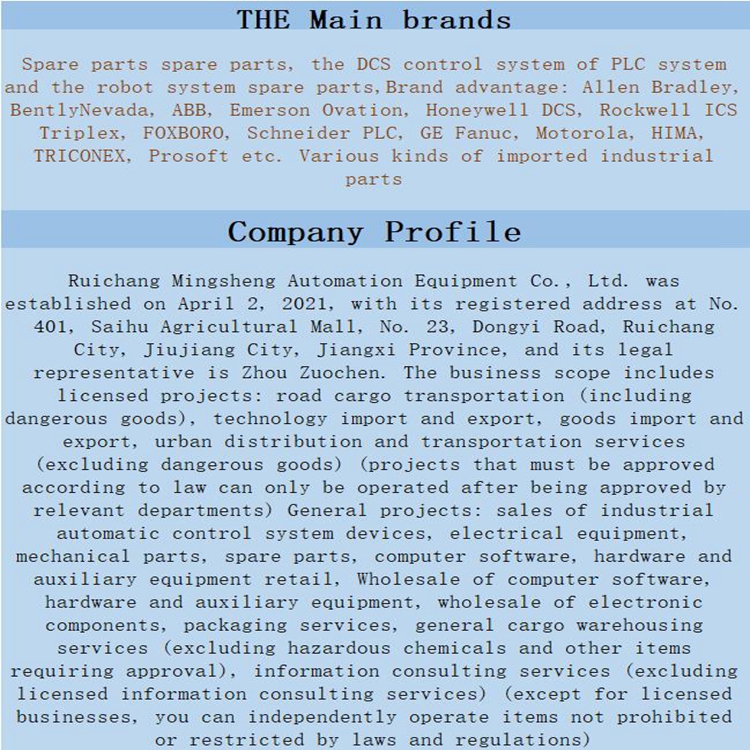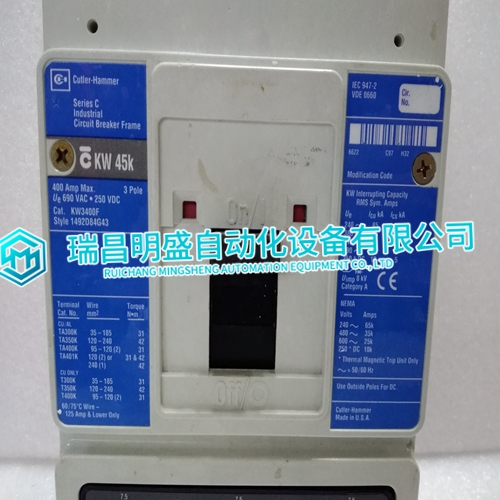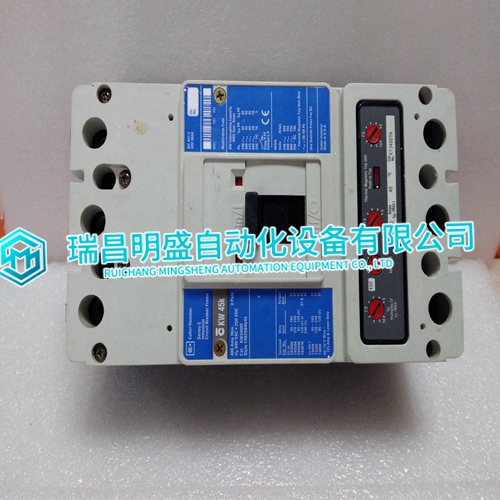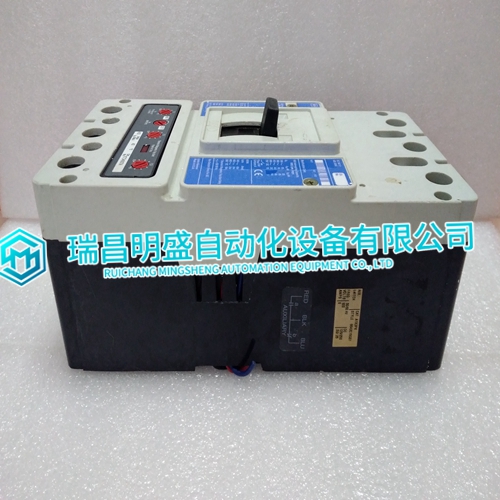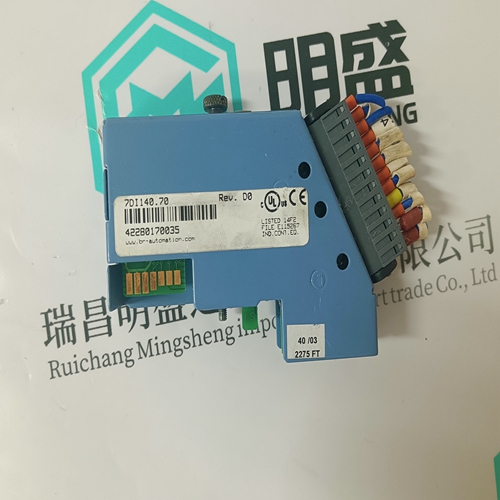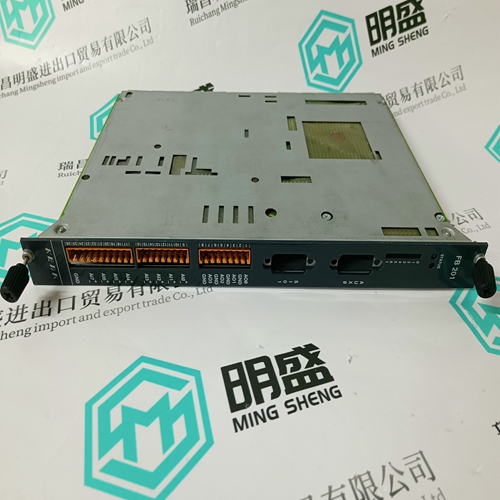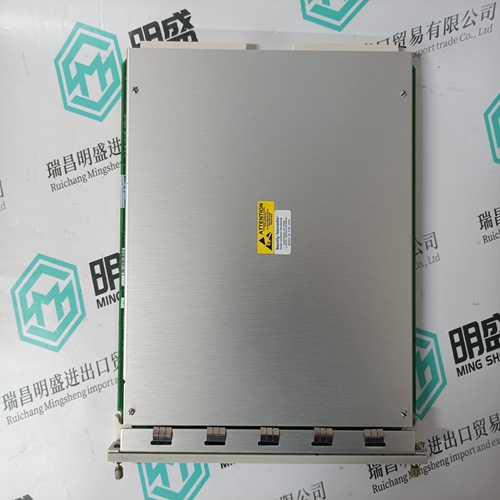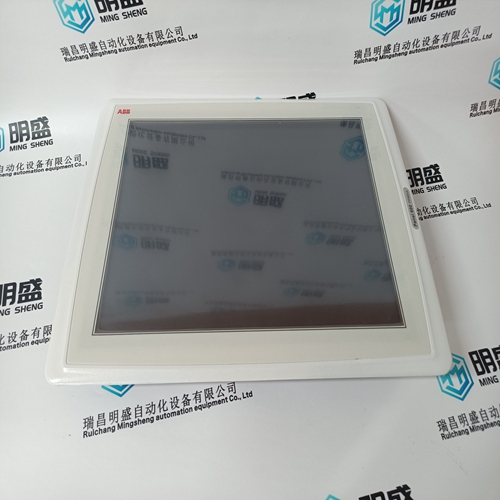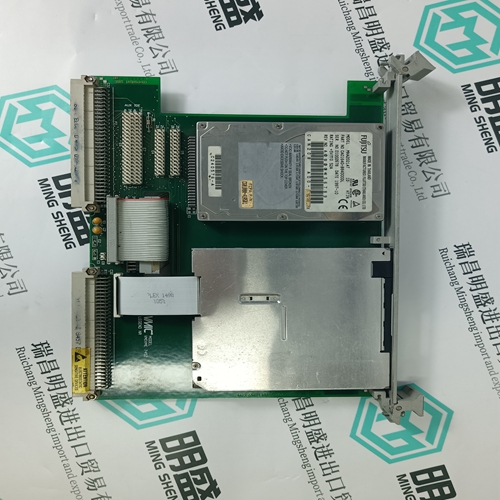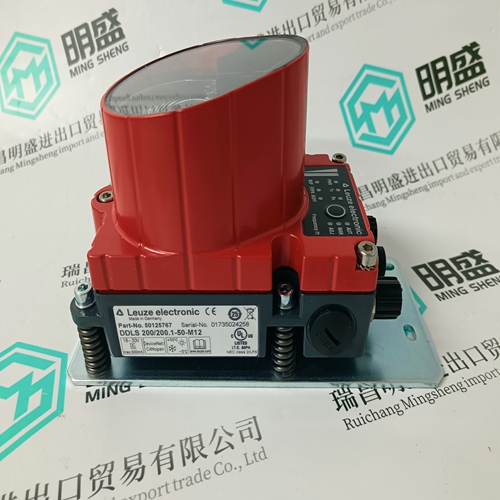Home > Product > Robot control system > Cutler Hammer KW3400F power supply module
Cutler Hammer KW3400F power supply module
- Product ID: KW3400F
- Brand: Cutler Hammer
- Place of origin: The United States
- Goods status: new/used
- Delivery date: stock
- The quality assurance period: 365 days
- Phone/WhatsApp/WeChat:+86 15270269218
- Email:stodcdcs@gmail.com
- Tags:Cutler HammerKW3400Fpower supply module
- Get the latest price:Click to consult
Cutler Hammer KW3400F power supply module
Disconnect power before installing dipshunts on the MMU backplane. Failure to do so will result in contact with cabinet areas that could cause severe or fatal shock. (p. 3-6) Never clean electrical parts or components with live power present. Doing so exposes you to an electrical shock hazard. (p. 7-2) Wear eye protection whenever working with cleaning solvents. When removing solvents from printed circuit boards using compressed air, injury to the eyes could result from splashing solvent as it is removed from the printed circuit board. (p. 7-2) There are exposed AC and DC connections inside the cabinet. These exposed electrical connections present a shock hazard that can cause injury or death. (p. 7-4) If input or output circuits are a shock hazard after disconnecting system power at the power entry panel, then the door of the cabinet containing these externally powered circuits must be marked with a warning stating that multiple power sources exist.
Support Services
ABB will provide assistance in the operation and repair of its products. Requests for sales or application services should be made to your nearest sales or service office. ABB can also provide installation, repair and maintenance contract services. When ordering parts, use nomenclature or part numbers and part descriptions from equipment manuals. Parts without a description must be ordered from the nearest sales or service office. Recommended spare parts lists, including prices are available through the nearest sales or service office. ABB has modern training facilities available for training your personnel. On-site training is also available. Contact your nearest ABB sales office for specific information and scheduling. Additional copies of this instruction, or other instructions, can be obtained from the nearest ABB sales office at a reasonable charge.
Preface
The IMASI13 Analog Input Module is a Harmony rack I/O module that is part of the Symphony Enterprise Management and Control System. It has 16 analog input channels that interface isolated thermocouple, millivolt, RTD, and high level analog signals to a controller with an analog-to-digital conversion resolution of 24 bits. Each channel has its own analog-to-digital converter and can be independently configured to handle the desired input type. These analog inputs are used by a controller to monitor and control a process.
